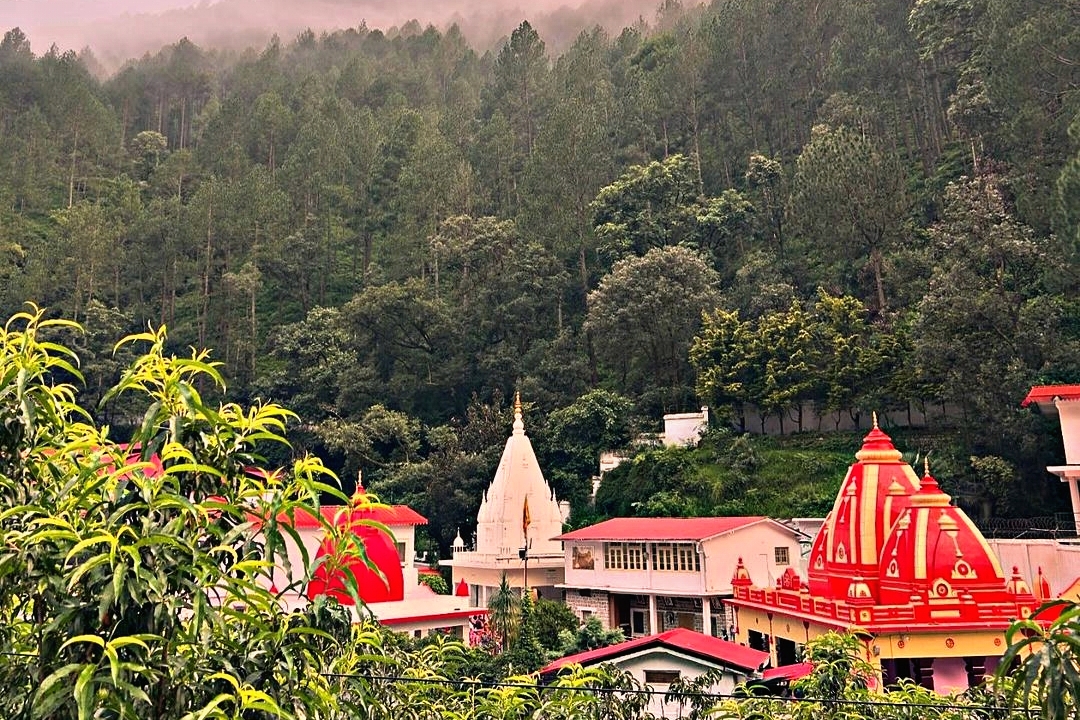Nestled amidst the verdant hills of Uttarakhand, India, Kainchi Dham is a tranquil ashram that holds deep spiritual significance for devotees around the globe. Known for its serene ambiance and mystical allure, Kainchi Dham has gained prominence as a sacred retreat, drawing seekers of peace, spirituality, and enlightenment. This article delves into the historical, spiritual, and cultural significance of Kainchi Dham, unraveling the layers of its timeless appeal.
The Origins of Kainchi Dham
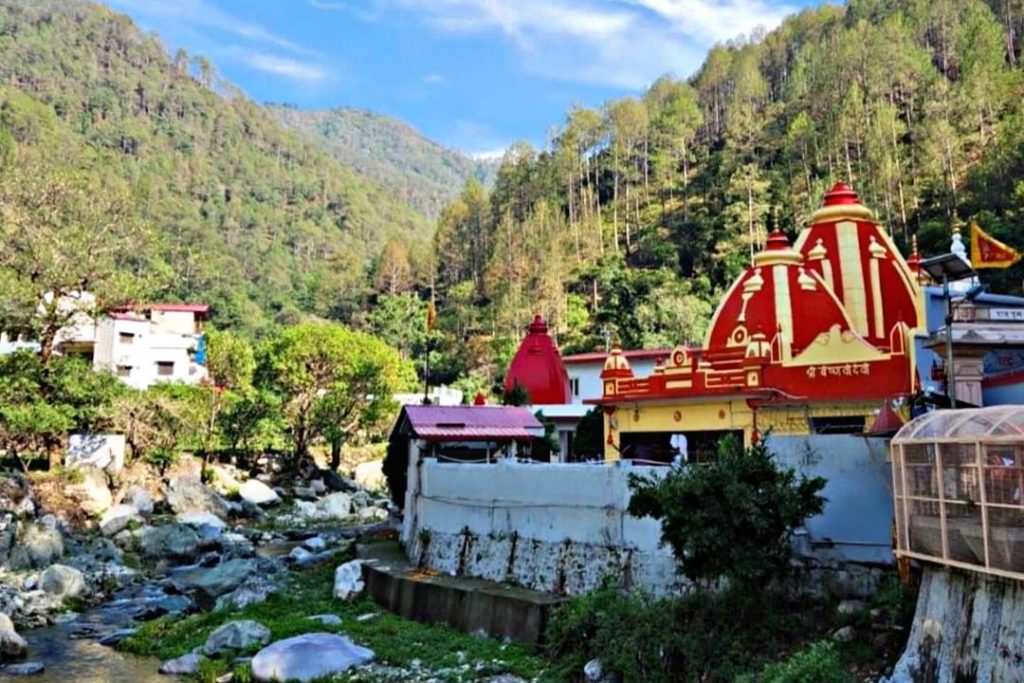
Kainchi Dham, situated about 17 kilometers from Nainital, is not just another religious site; it is a beacon of devotion and service established by the revered saint Neem Karoli Baba in 1964. Neem Karoli Baba, also affectionately called Maharaj-ji by his disciples, is considered an incarnation of Lord Hanuman by many of his followers.
The name “Kainchi” translates to “scissors,” which refers to the scissor-like turns in the road near the ashram. The ashram’s location, beside the Kosi River and surrounded by dense forests and towering hills, adds to its ethereal charm.
The ashram became a center of spiritual awakening under Neem Karoli Baba’s guidance. He emphasized the values of simplicity, love, and selfless service, which continue to inspire devotees who visit Kainchi Dham to this day.
The Spiritual Essence of Kainchi Dham
The primary draw of Dham is its spiritual energy. The ashram is more than a physical structure; it is a sanctuary for the soul. Thousands of devotees visit every year to seek blessings, meditate, and connect with the divine presence that is palpable in every corner of the ashram.
Neem Karoli Baba’s teachings are central to the ethos of Kainchi Dham. He encouraged people to focus on “Seva” (selfless service) and “Bhakti” (devotion). The ashram, with its peaceful environment and absence of commercial distractions, provides the perfect setting for meditation and introspection.
Architectural and Natural Beauty
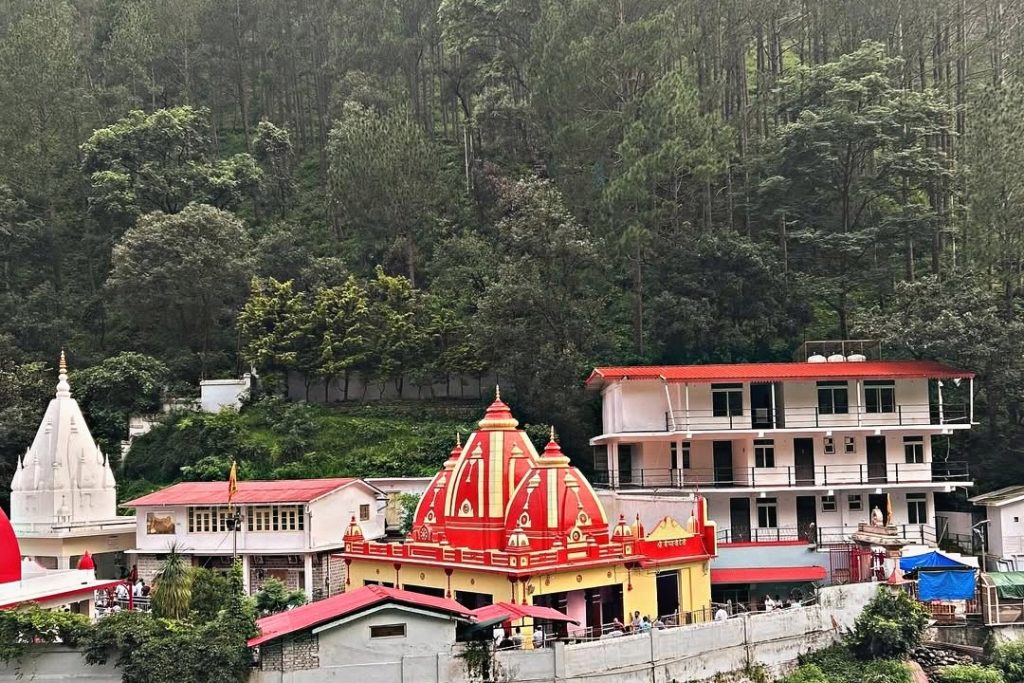
Kainchi Dham is an architectural marvel that harmonizes with its natural surroundings. The ashram is simple yet elegant, with whitewashed buildings, prayer halls, and beautifully maintained gardens. The Kosi River flowing alongside adds to its tranquil aura.
The temple complex within Kainchi Dham is dedicated to Lord Hanuman, who holds a special place in Hindu mythology as a symbol of devotion and strength. The temple architecture reflects the traditional style, with intricate carvings and a sanctum that exudes divine energy.
The surrounding landscape enhances the spiritual experience. Towering pine and oak trees, the gentle murmur of the river, and the crisp mountain air create a meditative environment, allowing visitors to feel closer to nature and, in turn, to their inner selves.
The Global Appeal of Kainchi Dham
While Kainchi Dham holds immense significance for Indian devotees, it has also captured the imagination of people across the globe. Neem Karoli Baba’s disciples include notable figures like Apple co-founder Steve Jobs and Facebook CEO Mark Zuckerberg.
Steve Jobs visited Kainchi Dham in the 1970s, seeking guidance and clarity during a challenging phase of his life. Inspired by the spiritual teachings and simplicity of the ashram, he later credited this visit as a turning point. Mark Zuckerberg, too, sought solace at Kainchi Dham at Jobs’ suggestion, during Facebook’s early struggles. These anecdotes have significantly contributed to Kainchi Dham’s global reputation.
Annual Bhandara: A Testament to Service
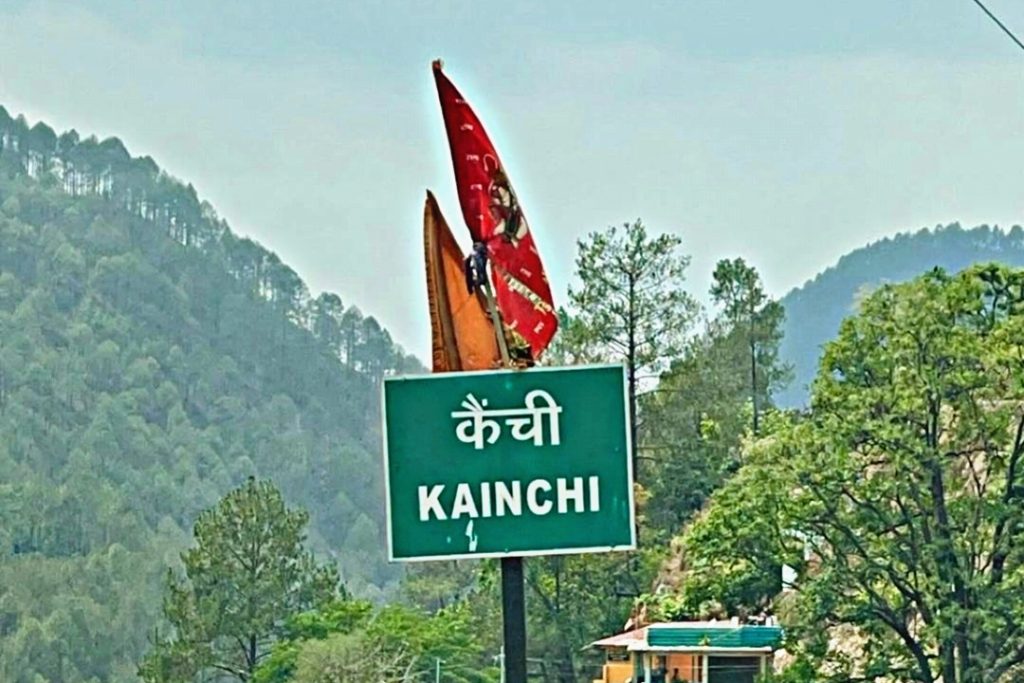
One of the most remarkable aspects of Dham is its annual Bhandara (community feast), held on June 15th to commemorate the inauguration of the ashram. This event draws thousands of devotees, who come together in the spirit of service and devotion.
The Bhandara exemplifies Neem Karoli Baba’s teachings of selfless service. Volunteers work tirelessly to prepare and distribute meals to all attendees, regardless of their background. The event is not just a religious gathering; it is a celebration of humanity, unity, and compassion.
Experiencing Kainchi Dham: What to Expect
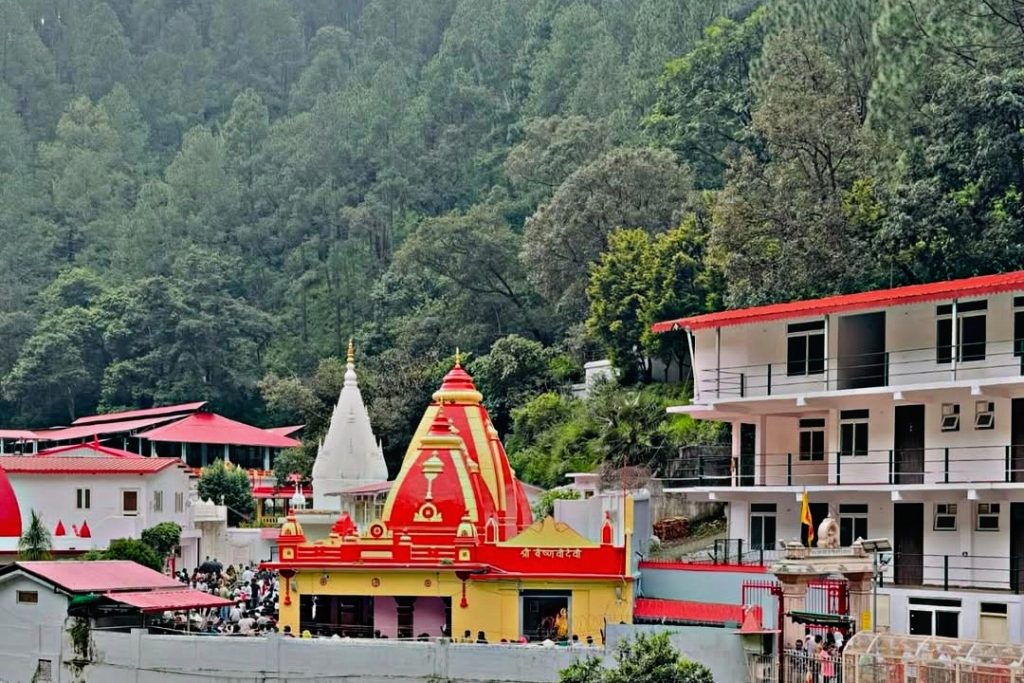
Visiting Kainchi Dham is a deeply personal and transformative experience. Here are some aspects of a visit that make it unique:
- Meditation and Reflection:
The serene environment encourages meditation and introspection. Many visitors report feeling a profound sense of peace and connection with the divine. - Simplicity and Discipline:
The ashram operates on principles of simplicity and discipline. Visitors are expected to adhere to the ashram’s rules, fostering a sense of community and mutual respect. - Connecting with Devotees:
People from all walks of life come to Kainchi Dham, creating a diverse community united by faith and devotion. Interacting with fellow devotees can be an enriching experience. - Exploring the Surroundings:
The area around Kainchi Dham offers several trekking trails, scenic viewpoints, and opportunities to experience the local culture and cuisine.
Practical Information for Visitors
- Best Time to Visit:
The ideal time to visit Kainchi Dham is between March and June or September and November. The weather during these months is pleasant and conducive to outdoor activities. - How to Reach:
The ashram is accessible by road from major cities like Delhi and Dehradun. The nearest railway station is in Kathgodam, about 37 kilometers away, while the closest airport is Pantnagar, approximately 70 kilometers from the ashram. - Accommodation:
While the ashram provides limited accommodations, there are numerous hotels and guesthouses in the nearby town of Nainital. Visitors are advised to make prior arrangements during peak seasons.
Kainchi Dham’s Legacy
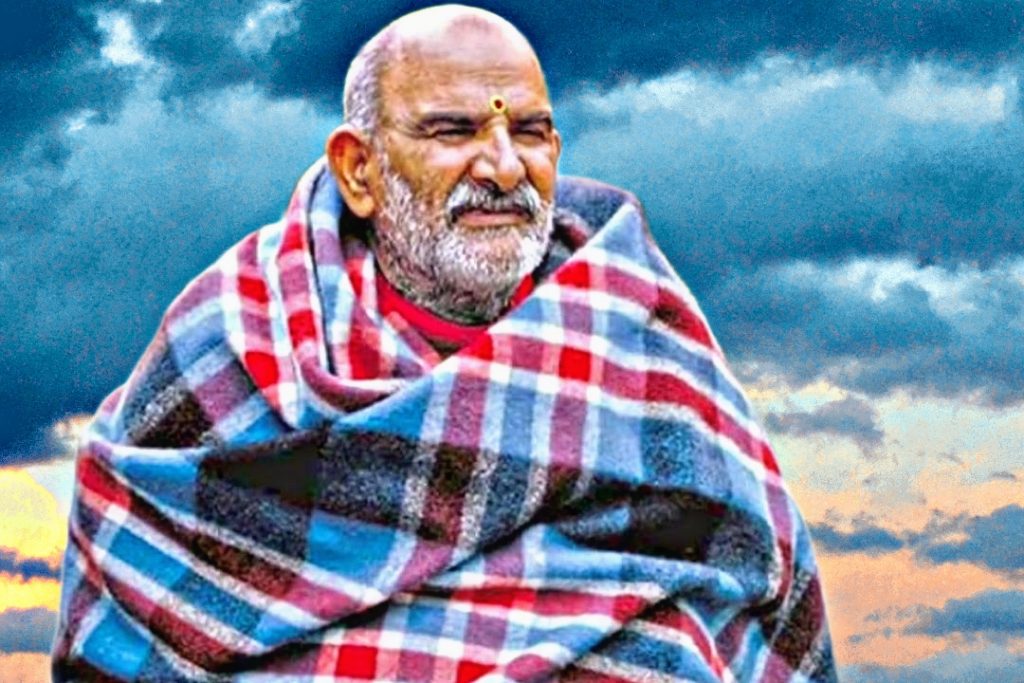
The legacy of Dham transcends physical boundaries and religious affiliations. It is a place where people come not just to worship but to find themselves. The teachings of Neem Karoli Baba continue to inspire millions, reminding us of the power of love, compassion, and selfless service.
In a world often characterized by chaos and complexity, Dham stands as a testament to the enduring values of simplicity and spiritual devotion. Whether you are a believer, a seeker, or simply a traveler looking for solace, Kainchi Dham offers an experience that is as enriching as it is transformative.
Kainchi Dham as a Model of Sustainable Tourism
In recent years, there has been a growing emphasis on preserving Kainchi Dham’s natural and spiritual essence amidst increasing tourism. Local authorities and the ashram management have implemented measures to ensure that the influx of visitors does not disrupt the area’s tranquility.
Visitors are encouraged to respect the environment, avoid littering, and maintain the sanctity of the ashram. This balance between accessibility and preservation ensures that future generations can continue to experience the magic of Kainchi Dham.
Neem Karoli Baba’s Teachings: Universal and Timeless
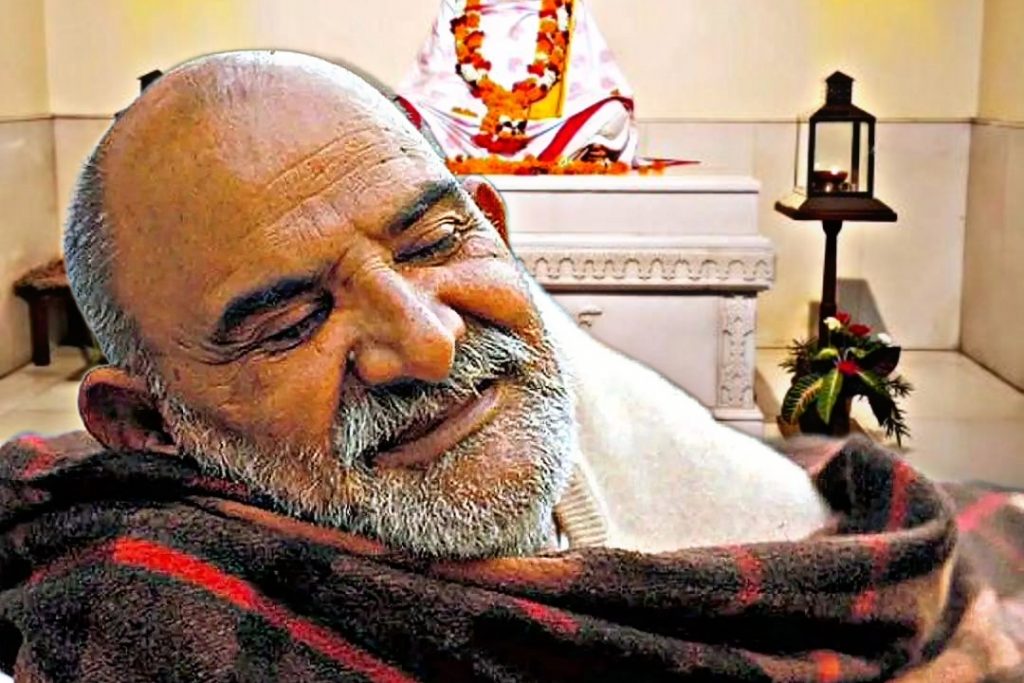
One of the reasons for Kainchi Dham’s universal appeal is the simplicity and universality of Neem Karoli Baba’s teachings. He emphasized values that resonate across cultures and religions, such as:
- Love and Compassion:
Baba believed that love was the essence of life and encouraged his followers to practice unconditional love towards all beings. - Service to Humanity:
The annual Bhandara at Kainchi Dham is a shining example of Baba’s emphasis on selfless service. The event brings people together to serve and be served, breaking down barriers of caste, creed, and social status. - Surrender to the Divine:
Baba often said that surrendering one’s ego and placing faith in a higher power was the key to overcoming life’s challenges. - Unity of Religions:
Despite being a Hindu saint, Baba’s teachings transcend religious boundaries. He welcomed people of all faiths and emphasized that the ultimate truth is universal.
The Environment: A Meditative Paradise
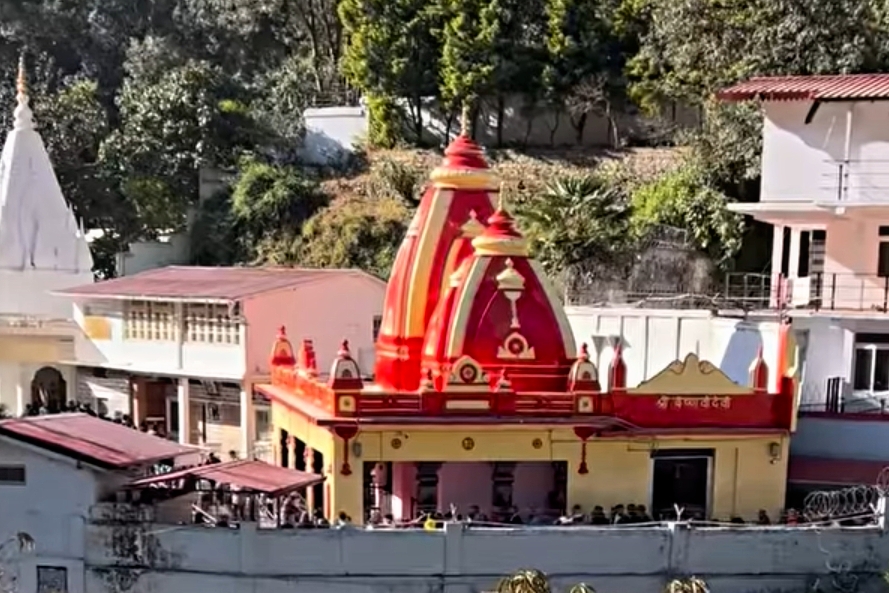
One of Kainchi Dham’s most distinctive features is its stunning natural environment. Surrounded by dense forests, verdant hills, and the crystal-clear waters of the Kosi River, the ashram offers a setting that naturally fosters peace and introspection.
The Healing Power of Nature
The Himalayan foothills where Kainchi Dham is located are known for their pristine beauty and spiritual vibrations. Many visitors report feeling an immediate sense of calm as they arrive, attributing this to the unique combination of the region’s natural beauty and its spiritual significance.
Meditation becomes a truly immersive experience here, with the sounds of birds, the rustle of leaves, and the gentle flow of the Kosi River creating a symphony of tranquility. Whether you are sitting by the river or within the temple complex, the atmosphere of Kainchi Dham facilitates a profound connection with one’s inner self.
The Role of Hanuman in Kainchi Dham’s Spiritual Legacy
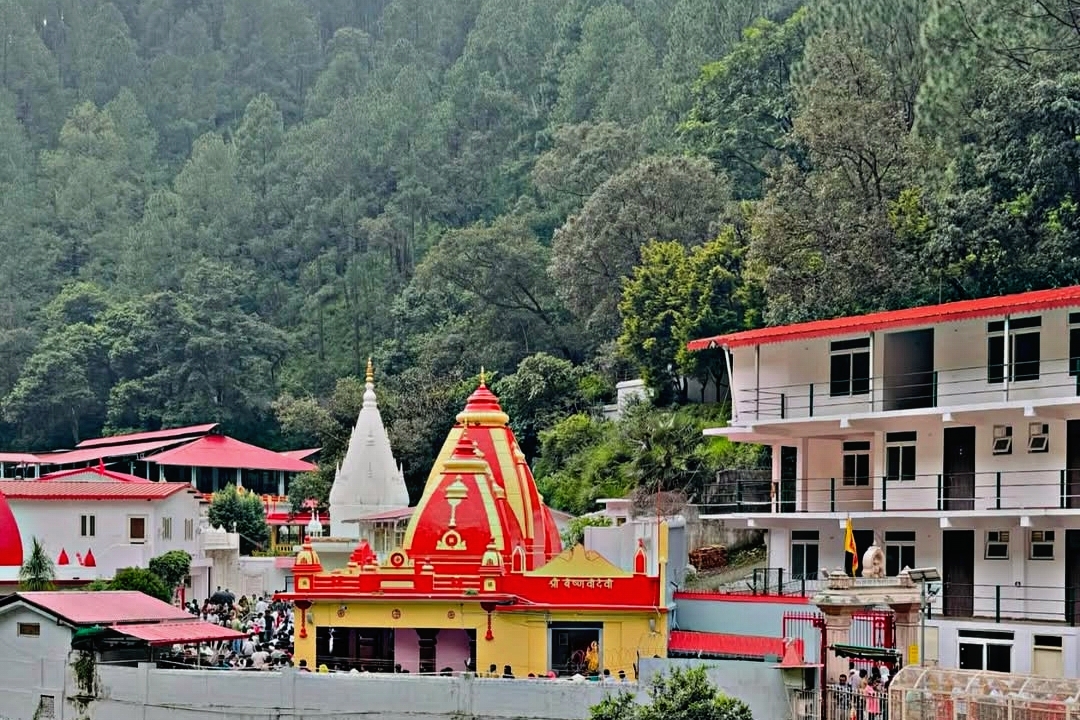
At the heart of Kainchi Dham’s spiritual identity lies its devotion to Lord Hanuman, the monkey god of Hindu mythology. Neem Karoli Baba was a devoted follower of Hanuman and saw the deity as the ultimate embodiment of selfless devotion, strength, and humility.
Hanuman as a Symbol of Devotion
The temple at Kainchi Dham is dedicated to Hanuman, and it is believed that Baba’s spiritual powers were a reflection of Hanuman’s blessings. Devotees flock to the temple to offer prayers, seeking strength and guidance in their lives.
Hanuman Chalisa
The recitation of the Hanuman Chalisa, a devotional hymn dedicated to Lord Hanuman, is a common practice at Kainchi Dham. Many devotees find solace and inspiration in these verses, which extol Hanuman’s virtues and seek his protection.
Conclusion
Kainchi Dham is more than a spiritual destination; it is a journey into the heart of devotion, service, and inner peace. Its serene location, coupled with the timeless teachings of Neem Karoli Baba, makes it a sanctuary for the soul.
For anyone yearning for a deeper connection with themselves and the divine, Dham is a must-visit. Its spiritual energy, global appeal, and unwavering commitment to service ensure that its legacy will endure for generations to come.
Whether you visit for a day or stay longer, Dham promises an experience that will linger in your heart and soul long after you leave its sacred grounds.

